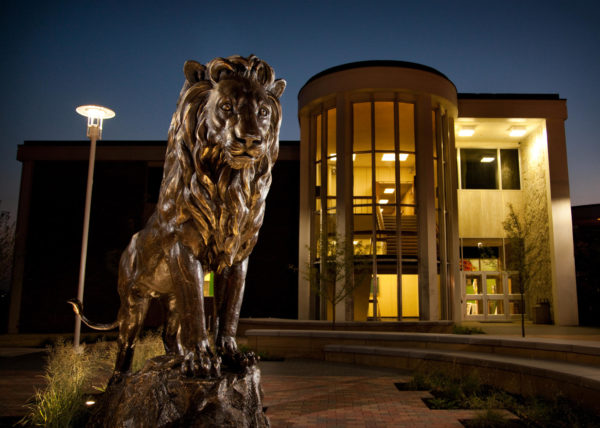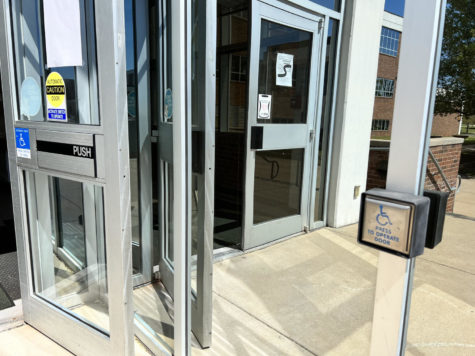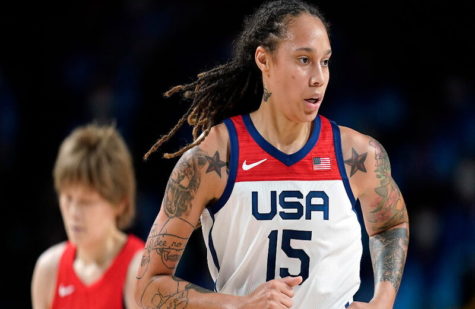Iowa caucuses set to lift Bernie Sanders campaign to nomination
On Monday, February 3rd, the state of Iowa will have the attention of the political world, as the first votes will be cast for the 2020 Democratic Nomination. For months now, many of the candidates have focused their campaigning efforts in these early states, hoping a good showing can push them to the top of the race.
Making Iowa such an important part of a candidate’s strategy isn’t without merit either. Besides Iowa becoming the first primary or caucus, looking back over the last 25 years on the democratic side, according to The Des Moines Register, the winner of the Democratic Iowa Caucus has gone on to win the nomination every election cycle going back to 1996.
The 2016 election still looms over most Democratic voters, and that shows with the number of candidate’s running to represent them in 2020. In 2016, with few candidates gaining traction to spread their ideas and vy for votes, it became a two person race from the beginning between Bernie Sanders and Hillary Clinton.
In 2020, however, Democrats have a deep field with wide ranging ideas. For example, Tulsi Gabbard is running as a progressive fighting against endless war, Andrew Yang is offering a Freedom Dividend for $1000, and Sanders is advocating for Medicare for all.
This is good and refreshing news for voters in Iowa, as many candidates are advocating for change. Some, like “no malarkey” Joe Biden, are running on fake nostalgia.
While Iowa has had a keen eye in picking Democratic nominees, only the nominee in 2008, Obama, actually won the presidency.
It deserves a look at why so many candidates have failed to take the Democratic nomination and propel that into a presidential victory. In 2008, when Obama won, he ran on hope, change and “yes, we can”.
Politics and the government weren’t working for most Americans, and he tapped into that. Acknowledging the struggles that a recession had brought on working class people, and also offering a change and reform of our health care system, got voters out of their seats and started a movement.
When the ballots were cast in 2008, according to archives.gov, Obama won in a landslide by nearly 10 million votes and he reached 365 in the electoral vote.
That struggle voters felt in 2008 is still with most working-class Americans.
According to ABC News, “Almost 40 percent of American adults wouldn’t be able to cover a $400 emergency with cash, savings or a credit card charge that they could quickly pay off.”
These struggles are affecting the voters and Iowa gets a chance to have their voice heard.
In 2016, the Democrats nominated a centrist in Clinton, who repeatedly came out against Medicare for all, the living wage and benefits that would help struggling families. Centrists lose elections for democrats; voters want drastic change to a broken system.
Sanders offers meaningful change to Iowa voters according to the most recent New York Times poll conducted Jan. 20 through 23; Sanders holds a lead at 25 percent up six points since October. Sanders, along with many progressives, don’t take corporate PAC contributions to show good faith in how they will govern, by and for the people.
Change is needed and with President Trump being elected president in 2016, many Democrats prefer a candidate who doesn’t offer change, but a return to normalcy, as Biden does lead many national polls.
However, does it make sense to go back to the normal days where the government doesn’t work for its people? Millions without health care, families struggling paycheck to paycheck and stagnate wages aren’t something I believe Iowa voters are going to choose in the end.
Sanders will win Iowa. With polls showing him leading New Hampshire, voters will volt Sanders to the nomination in the Democratic party much to the chagrin of the establishment.
Your donation will support the student journalists of Missouri Southern State University. Your contribution will allow us to purchase equipment and cover our annual website hosting costs.





























